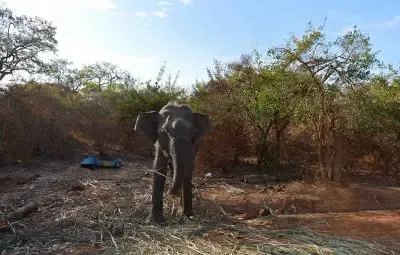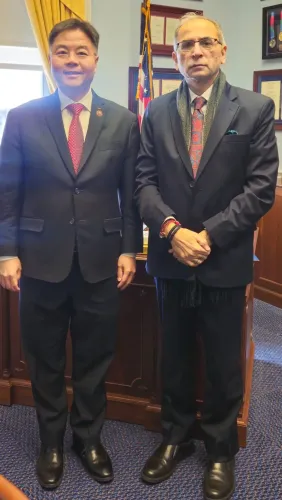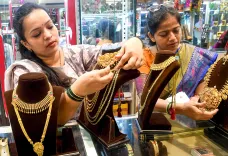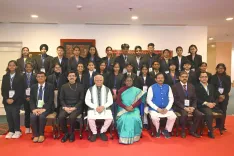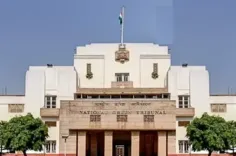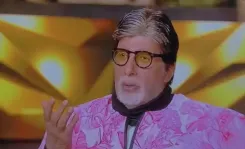Did it Really Take Over Two Decades to Finalize the Historic UK FTA? Credit Goes to PM Modi: Commerce Minister
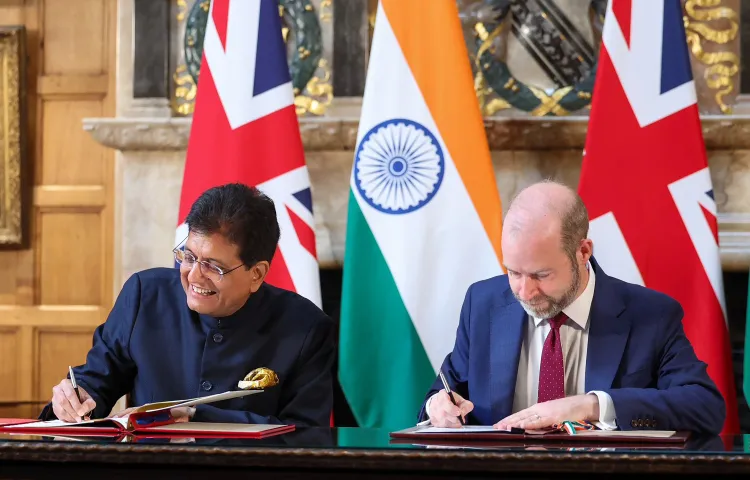
Synopsis
Key Takeaways
- Historic FTA: Finalized after over two decades of discussions.
- PM Modi's Leadership: Played a crucial role in advancing negotiations.
- Economic Opportunities: Unlocks nearly $23 billion for Indian sectors.
- Inclusive Growth: Focus on labor-intensive industries.
- Strategic Importance: Strengthens India's position in global trade.
London, July 24 (NationPress) Union Commerce Minister Piyush Goyal stated that finalizing this historic Free Trade Agreement (FTA) with the UK required over two decades of effort.
After Prime Minister Narendra Modi revitalized the discussions in 2021, he refocused efforts on this agreement, prompting consistent work from India that has now yielded positive results, Goyal remarked to IANS during the India-UK talks.
“The significance of this achievement cannot be overstated. It took more than twenty years to bring this FTA to fruition. However, with Prime Minister Narendra Modi's renewed commitment in 2021, discussions gained momentum,” he continued.
“Throughout various changes in UK governments, negotiations remained ongoing. This agreement is poised to unlock substantial opportunities for Indian farmers, MSMEs, and small businesses,” Goyal elaborated.
He extended his congratulations to Prime Minister Narendra Modi, UK Prime Minister Keir Starmer, and the citizens of both nations on the signing of the landmark India-UK Comprehensive Economic and Trade Agreement (CETA).
“With duty-free access for approximately 99% of Indian exports, nearly $23 billion in opportunities will be unleashed for labor-intensive industries, paving the way for a new era of inclusive and gender-equitable growth,” Goyal stated.
According to Goyal, CETA serves as a “win-win” for key government initiatives such as ‘Make in India’ and ‘Vocal for Local,’ as it fosters job creation and enhances India’s strategic role in global trade.
The FTA was signed by Goyal and UK Secretary of State for Business and Trade, Jonathan Reynolds, following the completion of negotiations earlier this year.
“This agreement will significantly improve the lives of artisans, weavers, and daily wage workers in sectors like textiles, leather, footwear, gems and jewelry, toys, and marine products,” Goyal emphasized.



